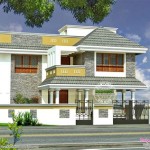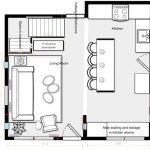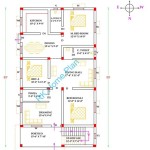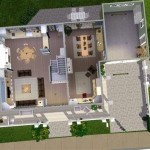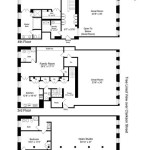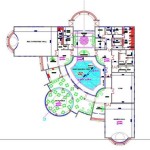Essential Aspects of Subdivision Home Plans: A Comprehensive Guide
Subdivision home plans form the foundation of any residential development, dictating the layout, size, and amenities of the homes within a designated area. Understanding the critical aspects of subdivision home plans is paramount for homebuyers, builders, and urban planners alike.
1. Lot Size and Shape
Lot size and shape play a significant role in the overall design of a subdivision home plan. The lot's size determines the maximum size of the home that can be built, while its shape influences the placement of the house, driveway, backyard, and other outdoor features.
2. House Placement
The placement of the house on the lot influences the home's orientation, natural light exposure, and privacy. Subdivision home plans often include detailed setbacks, which specify the minimum distance between the house and property lines, ensuring adequate space for landscaping and access.
3. Room Layout
The room layout within a subdivision home plan is essential for creating functional and comfortable living spaces. Subdivision homes typically adhere to specific floor plans, which designate the location and size of rooms, bathrooms, closets, and hallways.
4. Architectural Style
The architectural style of subdivision homes varies depending on the overall aesthetic of the development. Common styles include traditional, colonial, modern, and Craftsman. Architectural features such as rooflines, window treatments, and exterior materials contribute to the home's curb appeal.
5. Amenities
Subdivision home plans often include amenities such as garages, patios, decks, and outdoor spaces. These features enhance the functionality and livability of the home, providing additional space for storage, entertaining, and relaxation.
6. Energy Efficiency
Modern subdivision home plans emphasize energy efficiency, incorporating features such as energy-efficient appliances, insulation, and solar panels. By reducing energy consumption, homeowners can save on utility bills and contribute to environmental sustainability.
7. Homeowners Association
Some subdivisions have homeowners associations (HOAs) that establish and enforce guidelines for home appearance, landscaping, and community amenities. These guidelines help preserve the overall aesthetic and value of the development.
8. Covenants, Conditions, and Restrictions (CC&Rs)
CC&Rs are legal documents that accompany subdivision home plans and outline the rights and responsibilities of homeowners within the development. CC&Rs may set limitations on alterations, additions, or other changes to properties.
9. Environmental Considerations
Subdivision home plans should consider environmental factors such as topography, drainage, and vegetation. Proper planning ensures that the homes are built on stable ground, while preserving natural features and minimizing the impact on the surrounding environment.
10. Long-Term Value
Subdivision home plans should aim to maximize the long-term value of the properties. Homes built with quality materials, energy-efficient features, and desirable amenities tend to retain or increase their value over time, providing homeowners with a sound investment.

House Plans Diamond Homes

New Townhomes Plans Townhouse Development Design Brownstones Rowhou Town House Designs Floor Plan

Narrow Lot Traditional Neighborhood Development Plans

Commerce Villas Small Lot Subdivision Los Angeles Modern Homes Tujunga House Floor Plans

A Skinny Solution For Small House Floor Plans

Blog On Modern Architecture Design Development And Modative Happenings Small Homes

Courtyard Cer Homes Multigenerational House Plans

Traditional Neighborhood Designed House Plans Tnd

Subdivision Specialists Rossdale Homes Adelaide South Award Winning Builder Custom Design Houses Investment Property House Land

Building A Home In An Established Neighborhood The House Designers

